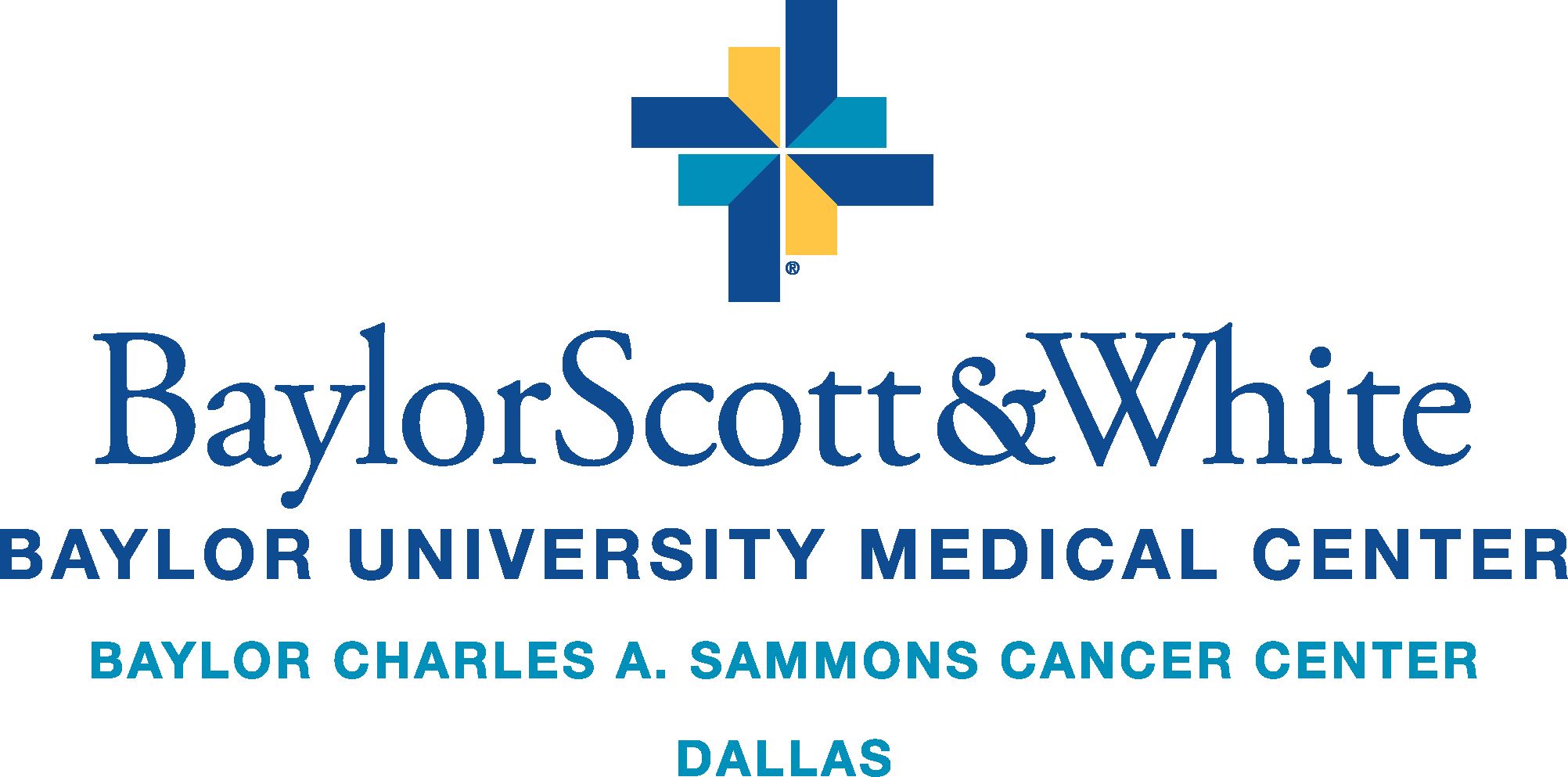
- July 2013
- Volume 7
- Issue 7
Subgroup Analysis: Certain Patients May Benefit More From Eribulin

A subgroup analysis from a phase III study showed that certain patients may benefit more from eribulin than capecitabine, and quality of life data suggest that patients may prefer eribulin because of a lower frequency of certain adverse events.
Joyce A. O’Shaughnessy, MD
Although previously reported results of a randomized phase III study found that eribulin mesylate (Halaven) was not superior to capecitabine in the treatment of previously treated locally advanced or metastatic breast cancer, a subgroup analysis showed that certain patients may benefit more from eribulin, and quality of life (QoL) data suggest that patients may prefer eribulin because of a lower frequency of certain adverse events.
These additional analyses of the large, randomized trial were presented at the 2013 ASCO Annual Meeting.
In the eribulin 301 study, investigators randomized 1102 patients with locally advanced or metastatic breast cancer, <3 prior chemotherapy regimens (<2 for advanced disease), and prior treatment with anthracycline and taxane chemotherapy in a 1:1 ratio to either eribulin mesylate (1.4 mg/m2 on days 1 and 8 of a 21-day cycle) or capecitabine (1250 mg/m2 orally twice daily on days 1-14 of a 21-day cycle).
At the 2012 CTRC-AACR San Antonio Breast Cancer Symposium in December 2012, the results of the study showed that the median overall survival (OS) was 15.9 months for eribulin compared with 14.5 months for capecitabine (hazard ratio [HR] = 0.879; 95% CI, 0.770- 1.003; P =.056) and the median progression-free survival was 4.1 months and 4.2 months, respectively (HR = 1.079; 95% CI, 0.932-1.250; P =.305).1 Overall response rates were 11% for eribulin and 12% for capecitabine (P = .849). OS for HER2-negative patients was 15.9 months for eribulin and 13.5 months for capecitabine (HR = 0.838; 95% CI, 0.715-0.983; P = .030).
“It’s equivalent in efficacy to one of our best agents,” said Joyce A. O’Shaughnessy, MD, co-director of Breast Cancer Research at the Baylor Charles A. Sammons Cancer Center of Texas Oncology and PA/US Oncology in Dallas, Texas, and a researcher who has had involvement in other trials involving eribulin in the treatment of breast cancer.
To determine whether certain patients may derive a more significant benefit with eribulin, a series of subgroup analyses were performed.2 The researchers observed a nonsignificant trend favoring improved OS with eribulin compared with capecitabine in patients who received the treatment as either a first-, second-, or third-line regimen for advanced disease.
Additionally, a more pronounced benefit was observed in certain patients, including those with HER2-negative disease who received eribulin compared with capecitabine (15.9 months vs 13.5 months, respectively; HR = 0.84; 95% CI, 0.72-0.98; P = .03), ER-negative disease (14.4 months vs 10.5 months, respectively; HR = 0.78; 95% CI, 0.64-0.96; P = .02), and triple-negative disease (14.4 months vs 9.4 months, respectively; HR = 0.70; 95% CI, 0.55-0.91; P = .01).
In another analysis of the 301 study, investigators looked at QoL data to determine whether patients receiving eribulin preferred their experience compared with patients who received capecitabine.3 The investigators found that over time, global health status (GHS) and overall QoL scores improved in both of the arms, but that improvement was significantly more pronounced in the eribulin arm compared with the capecitabine arm (estimated treatment effect = 6.52 GHS/overall QoL; 95% CI, 0.045-13.0; P = .048).
Cognitive functioning significantly improved in patients receiving eribulin compared with those receiving capecitabine (estimated treatment effect = 15.33 QoL; 95% CI, 9.23-21.43; P <.01). Gastrointestinal side effects, including nausea, vomiting, and diarrhea, were less severe in the eribulin arm, whereas hair loss and systemic side effects were less common with capecitabine.
References
- Kaufman PA, Awada A, Twelves C, et al. A phase III, open-label, randomized, multicenter study of eribulin mesylate versus capecitabine in patients with locally advanced or metastatic breast cancer previously treated with anthracyclines and taxanes. Presented at: 2012 CTRC-AACR San Antonio Breast Cancer Symposium; December 4-8, 2012; San Antonio, Texas. Abstract S6-6.
- Kaufman PA, Cortes J, Awada A, et al. A phase III, open-label, randomized study of eribulin mesylate versus capecitabine in patients with locally advanced or metastatic breast cancer previously treated with anthracyclines and taxanes: subgroup analyses. J Clin Oncol. 2013;31(suppl; abstr 1049).
- Cortes J, Awada A, Kaufman PA, et al. Quality of life in patients with locally advanced or metastatic breast cancer previously treated with anthracyclines and taxanes who received eribulin mesylate or capecitabine: a phase III, open-label, randomized study. J Clin Oncol. 2013;31(suppl; abstr 1050).
Articles in this issue
over 12 years ago
First-Line Standard for Metastatic RCC Upheldover 12 years ago
Consolidation of Oncology Care Continuesover 12 years ago
Advances in Prostate Cancer Treatment Highlighted at ASCOover 12 years ago
Ibrutinib Combo Achieves 100% Response Rate in Patients With NHLover 12 years ago
ASCO 2013: Humanity Meets Immunityover 12 years ago
Novel PI3K Inhibitor Active in Non-Hodgkin Lymphoma



































